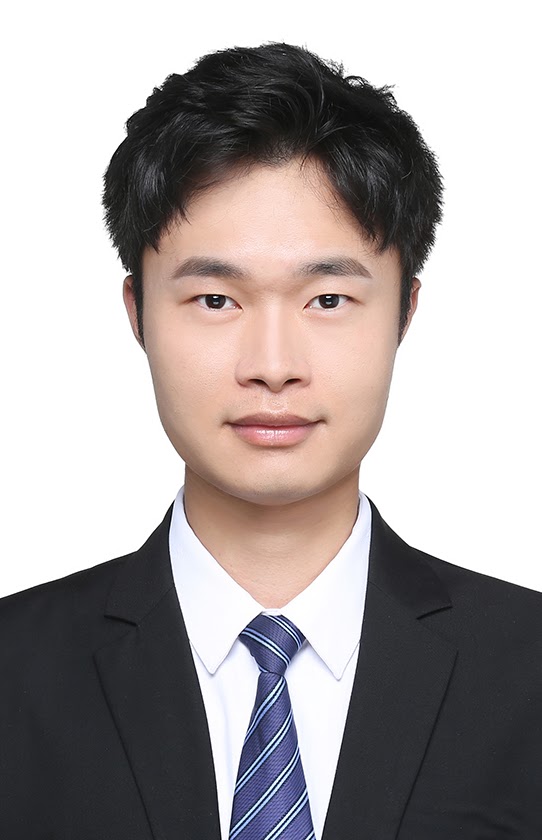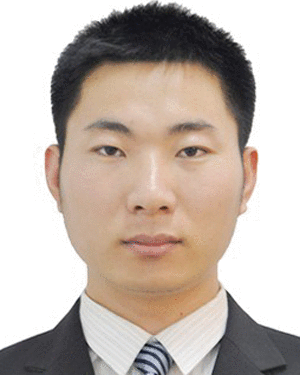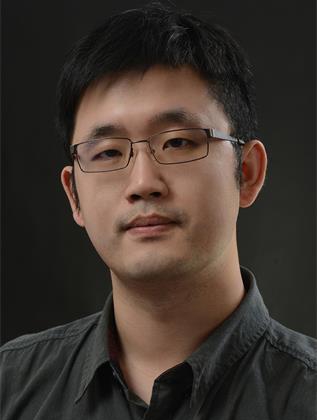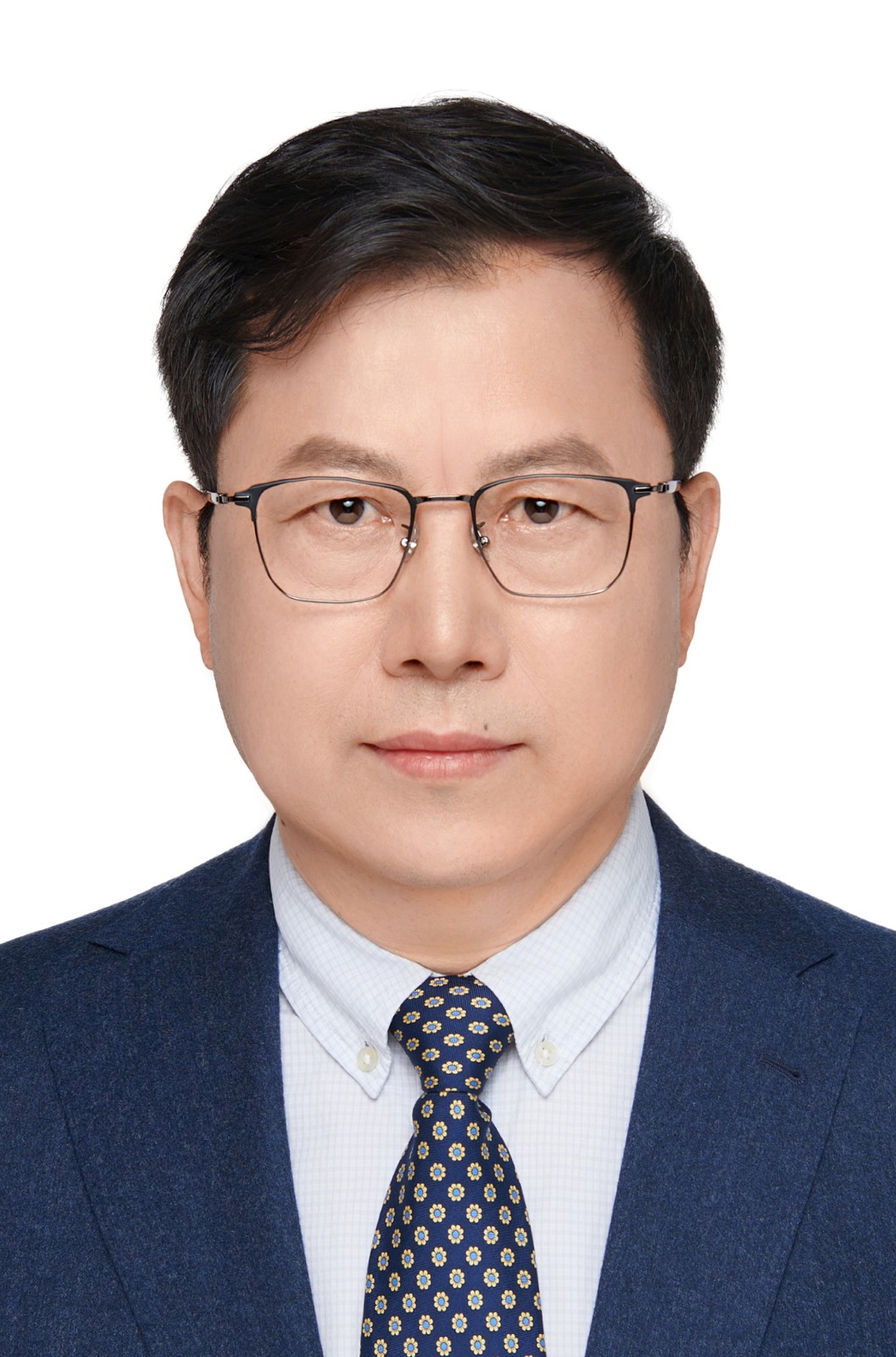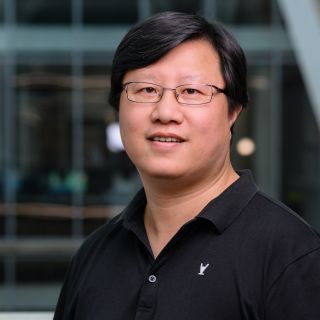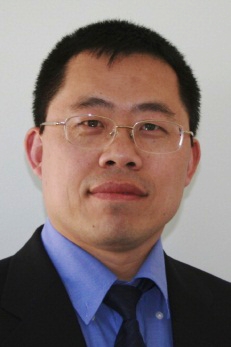Workshop Organizers
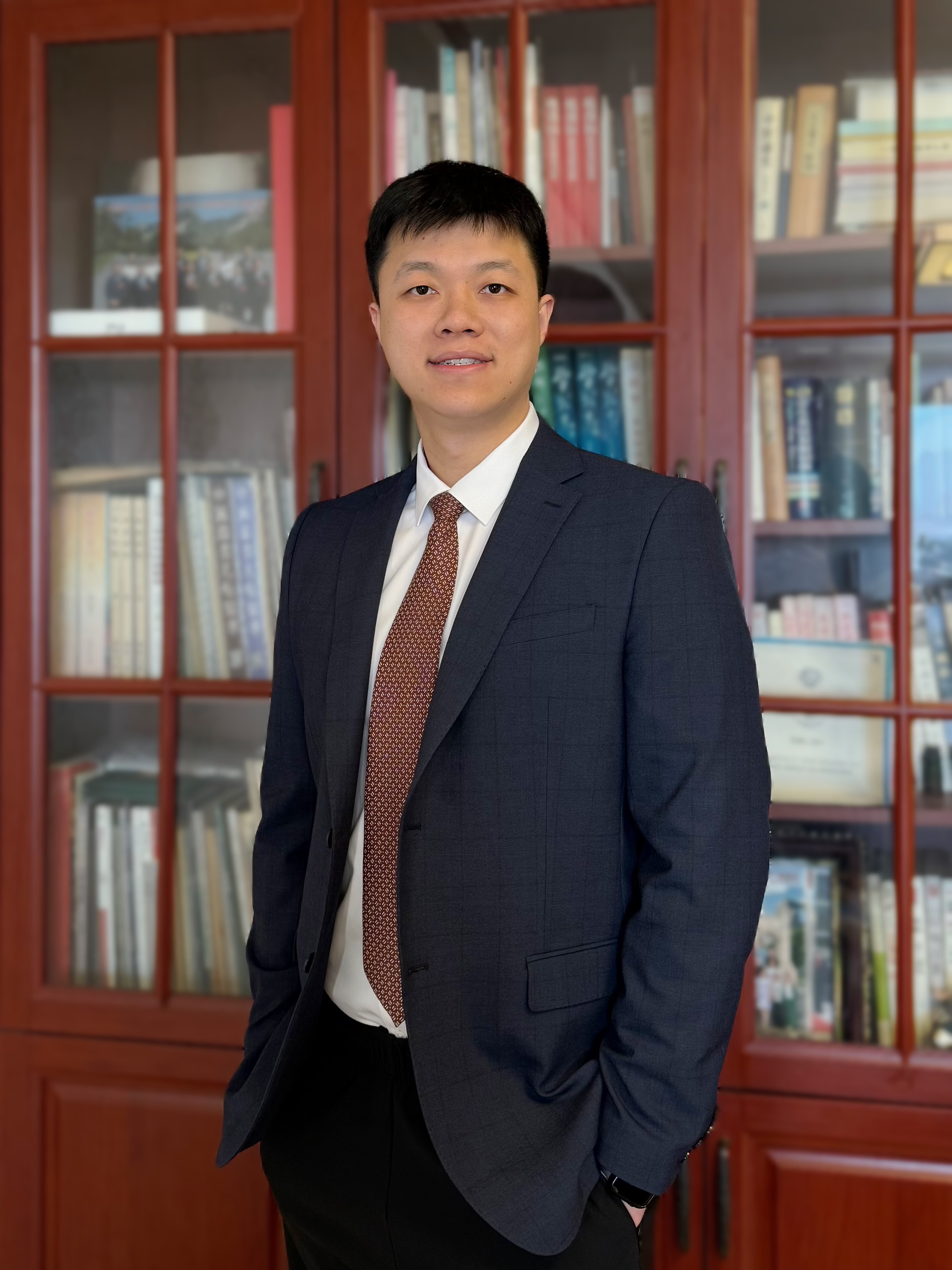
Yanda Meng
University of Exeter, UK
Dr. Yanda Meng is an assistant professor (UK Lecturer) at the University of Exeter, Computer Science Department. His research is mainly at the interface of artificial intelligence and healthcare, specialised in the research and development of artificial intelligence, biomedical image processing and analysis techniques. He has published more than 40 papers in peer-reviewed journals and conferences such as IEEE Transactions on Medical Imaging, Medical Image Analysis, Diabetologia, Cardiovascular Diabetology, CVPR, ICCV, ECCV, AAAI, and MICCAI, etc. He has leadership roles as project PI delivering successful projects working effectively with different stakeholders (academics, clinicians, public, and industry). His collaboration with clinicians has made significant impacts on patient care. His research has been or is being supported by UKRI, UK Royal Society, Exeter Innovation, NHS Foundation Trust, and Welcome Trust. Yanda has also served as the Topic Editor and Guest Editor for many journals, such as IEEE JBHI, Frontiers in Medicine, Mathematics; the Area Chair for MICCAI 2025 and IEEE ICARM 2025; the Program Committee Board member for ISBI 2026.
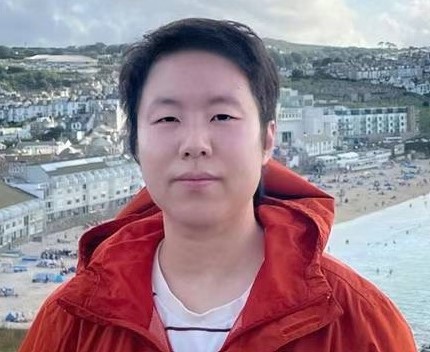
Wei Zhou
Cardiff University, UK
Dr. Wei Zhou is an Assistant Professor (UK Lecturer) at Cardiff University. Wei’s research interests mainly focus on perceptual image processing, multimodality, and visual computing for healthcare. Dr Zhou has published over 70 papers in recent years, including publications in top-tier venues, e.g., IEEE TIP, IEEE TMM, IEEE TCSVT, IEEE TMI, CVPR, ACM MM, MICCAI, etc. Wei serves as General Chair for the 1st Cardiff Image & Vision Computing Workshop and Chair for the Elections Committee of IEEE UK & Ireland SPS Chapter. Wei is now an Associate Editor of IEEE Transactions on Neural Networks and Learning Systems (TNNLS), Pattern Recognition, Neurocomputing, Springer Signal, Image and Video Processing, and Human-centric Computing and Information Sciences. Wei has also served as the Topic Editor and Guest Editor for many journals, such as Elsevier Displays; the Area Chair for ACM MM 2024, ICME 2025, and IJCNN 2025; the Lead Special Session Chair for IEEE ICME 2025, IEEE QoMEX 2025, IEEE MMSP 2023, and the Special Session Co-Chair for IEEE ICIP 2025 and 2024.
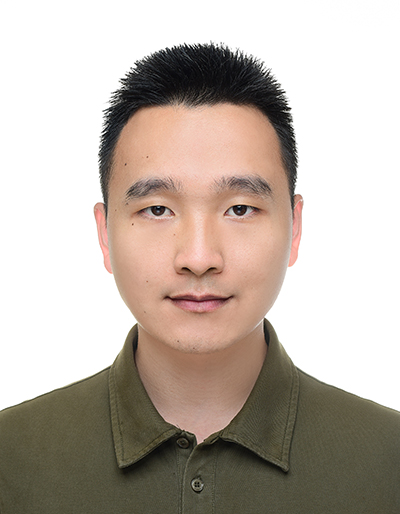
Meng Wang
National University of Singapore, Singapore
Dr Meng Wang is a Senior Research Fellow at the Centre for Innovation and Precision Eye Health, National University of Singapore. His research focuses on medical artificial intelligence and multimodal medical image analysis, specifically emphasizing medical image analysis, large foundation models for medical imaging, and trustworthy AI. Dr. Meng Wang has published over 50 papers, including in top international journals like Nature Communications, npj Digital Medicine, Cell Reports Medicine, IEEE Transactions on Pattern Analysis and Machine Intelligence (TPAMI), and IEEE Transactions on Medical Imaging (TMI), as well as at leading international conferences such as CVPR and MICCAI. He has also contributed to the authorship of the specialized book "Federated Learning for Medical Imaging.
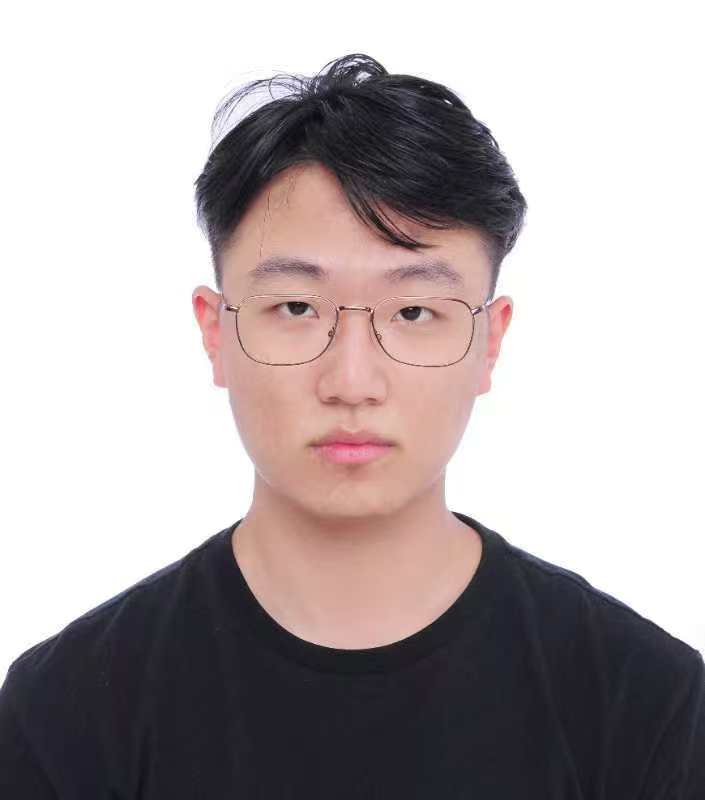
Qinkai Yu
University of Exeter, UK
Mr Qinkai Yu is a PhD student in the Department of Computer Science at the University of Exeter, under the supervision of Dr. Yanda Meng. His research lies at the intersection of medical image analysis and the application of large language models and multimodal foundation models in healthcare. He has published multiple papers as the first author or co-first author in top-tier peer-reviewed conferences such as ACL, COLING, and MICCAI. In 2025, two of his first-author papers have been accepted early by MICCAI.


